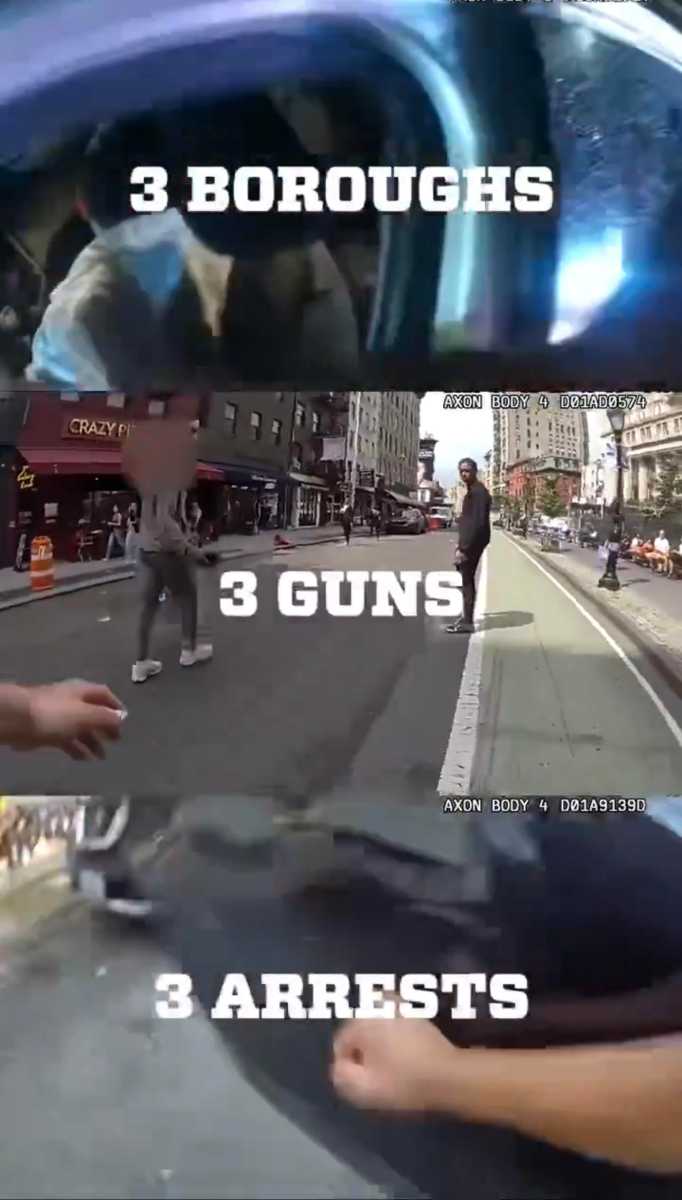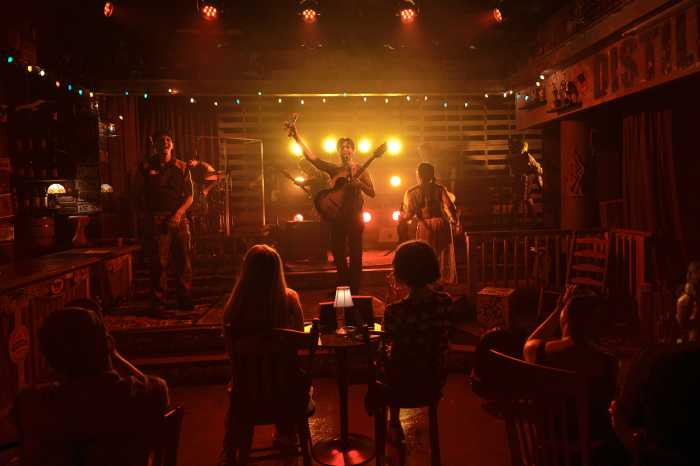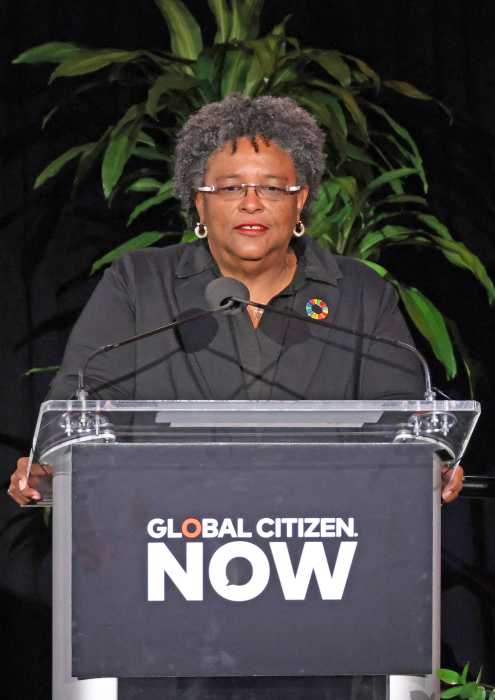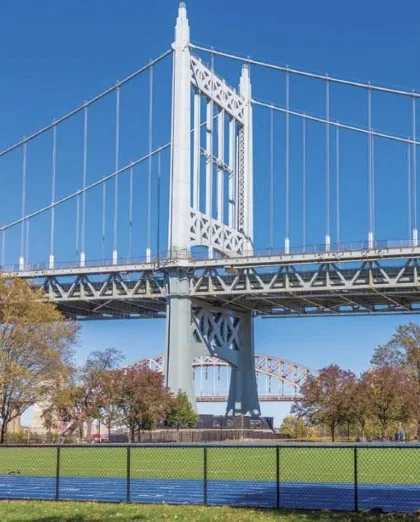Want Nets tickets? You’ll have to make a higher calling.
Rev. Herbert Daughtry, pastor of the House of the Lord Pentecostal Church in Boerum Hill, will have the final say over the distribution of 54 free tickets and a posh skybox for every event at the Barclays Center once the $1-billion arena opens next year.
The “suite” deal is part of the so-called Community Benefits Agreement that Daughtry helped hammer out with arena developer Bruce Ratner on behalf of his non-profit group Downtown Brooklyn Neighborhood Association — which was formed thanks to $50,000 in seed money from Ratner in 2005.
The deal includes four seats in the arena’s lower bowl, 50 in the upper section, and a suite, according to Nets spokesman Barry Baum.
“The Downtown Brooklyn Neighborhood Alliance, led by Rev. Daughtry, will control the distribution of tickets and the use of the suite,” Baum said.
The Nets said that that a dispersal system has yet to be determined, but a preference will be given to seniors and kids.
“Protocols will be developed in the next year,” Baum said.
The pastor said he’s hoping to use some tickets as a carrot for school kids to get better grades, and perhaps offer the suite to sick patients at Brooklyn Hospital Center in Fort Greene.
“It would be very therapeutic,” he said.
The 80-year-old civil rights activist, who was an special assistant to the Rev. Jesse Jackson and spiritual advisor to slain rapper Tupac Shakur, had a thug life of his own, though he said he found God after a four-year sentence in the mid-1950s for attempted armed robbery.
“I was an OG,” the pastor said, using slang for “original gangster.”
Daughtry’s group was among eight that signed the benefits agreement in 2005. The pact is intended to hold developers accountable to local stakeholders, though the Ratner agreement has been widely criticized because six of the eight the “local stakeholders” did not even exist before the negotiation of the contract. One those that did exist, ACORN, has since been replaced by Mutual Housing Association of New York.
Daughtry, of course, has been a local presence for years. His efforts on the community benefits agreement not only led to his control of more than four-dozen tickets every night, but also a requirement that Ratner’s project include an intergenerational center and a meditation room, along with the use of the arena for 10 events per year.
“This is [Daughtry’s] little piece of the pie for having been a cheerleader to Ratner,” said Candace Carponter, legal director of Develop Don’t Destroy Brooklyn, a group opposed to Atlantic Yards.
Daughtry has been personally attacked by some project opponents for not doing more to ensure that the $4.9-billion Atlantic Yards mega-development do for more the less fortunate — but he was unapologetic about dealing with Ratner, whom he described as a “great friend,” and whose brother, attorney and Nets investor Michael Ratner, represented him in the 1980s in a defamation lawsuit.
“This project was going forward anyway — can you imagine what I’d feel like stepping out on my church stoop and look at all that’s happening, and know that all I did was throw rocks at a moving train?” Daughtry said.
The Nets began selling tickets to season ticket holders last week — proof that the arena. Team officials said the average Nets ticket will cost $132, and a bargain basement suite will cost $300,000.
Arena backers welcome the free seats, and had no problem with Daughtry being the ticket master.
“I think we’ll all find a way for our community to be able to benefit form the opportunity made available,” said Charlene Nimmons, who heads Public Housing Community, a group that also signed the agreement.
But Yards critics said the “community” tickets appear to be one of the few promises in the benefits agreement the developer is keeping, as the affordable housing and thousands of jobs promised as part of the massive residential component of the project have yet to materialize.
“A couple free tickets to a Nets game will be little comfort to someone in need of a job or an affordable place to live,” said Eric McClure, a spokesman for Develop Don’t Destroy.

























